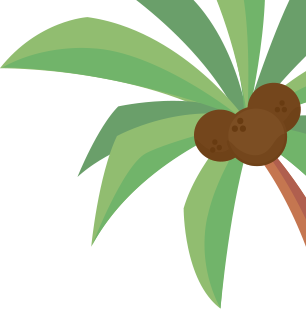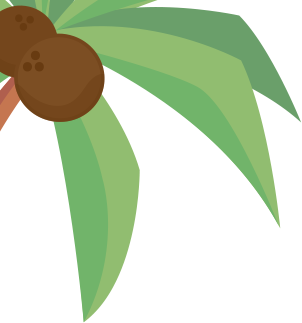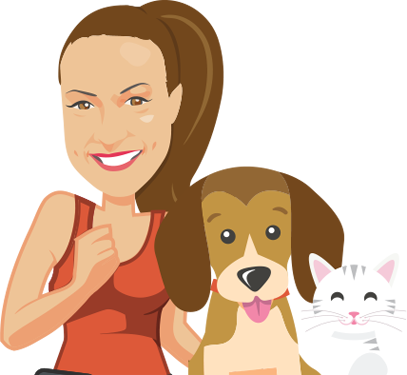Puppies are absolutely adorable and all you want to do is squeeze them. They’re less cute, however, when they start peeing all over the house. When your new puppy keeps having an accident on the rug or peeing immediately after you get back in the house, it’s easy to become frustrated. You don’t want your house to smell or be messy, but your pup just doesn’t get the concept of eliminating outside on the grass. If you’re struggling with your puppy or getting ready to adopt a new pet, below is the secret to success, as well as a few other helpful house training tips, you need to know.
The Secret to Training Success: Patience Training a puppy takes a whole lot of patience. Realistically, a well-established potty routine will take you six months to a full year to ingrain in your pet. You can’t expect your puppy to have it all figured out in the first few weeks. This may seem like common knowledge, but it’s shocking the number of pets returned to shelters because people don’t anticipate the time that goes into fully training a puppy. Develop patience with your puppy and have a realistic timeline in place for progress. Below are three other house training tips that will help when working with your pup.
Consider Bladder Size Puppies, like human babies, have small bladders. In their first few months, they have to pee about every two hours. A big mistake most first-time pet owners make is keeping their pets indoors for too long. Schedule regular potty breaks for your puppy so they get used to going outside to eliminate. Regularly scheduled outside time will also help your pet recognize when it is time to go potty. As your pet gets older, you can start stretching breaks to three and four-hour increments. If your pup has an accident, however, reduce the time between breaks again.
Limit Space Another mistake people make when trying to train their puppies is giving them too much freedom. You don’t want your pup to have free reign of the house for two reasons. First, it’s harder to supervise your pup and spot warning signs that it needs to pee, such as sniffing and circling. Second, if your pup isn’t well-supervised, you’ll likely miss an accident and have a secret pee stain. When spots on your carpet or floor smell like pee, your puppy is more likely to eliminate in those spots again in the future. Limiting access to rooms and closely monitoring your puppy will help you catch any accidents and keep your space clean.
Get Down to Business When you take your puppy outside, you should be getting down to the business of going pee or poop from the start. Don’t start tossing a toy or let your pup play with a stick until after they’ve gone potty. Toys are fun distractions that can keep your pup from going potty while outside. Instead, bring your pup outside and straight to the place you’d like it to eliminate. Give the command, “Go potty,” or another phrase to let your pup know it’s time to pee. Then reward heavily with treats afterward. Your pup will soon start to understand its potty first, play later. House training is a long process, but the effort is well worth the reward when you end up with a well-behaved pet. Throughout house training, just remember to stay patient and reward your pet for good behavior.




